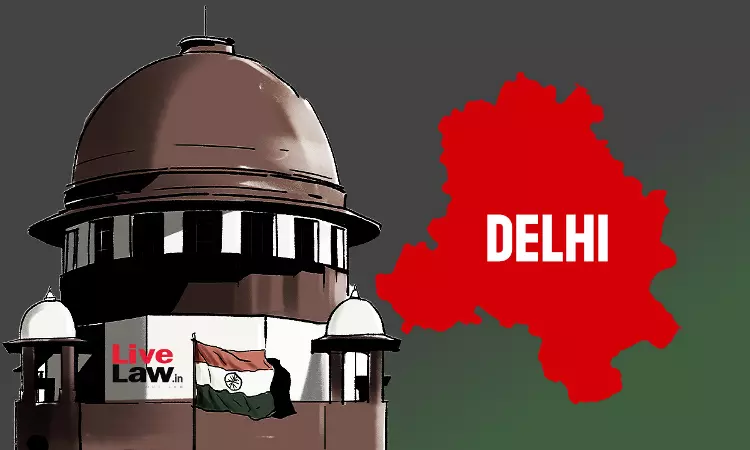The Supreme Court on January 2 upheld the Municipal Corporation of Delhi's (MCD) powers to issue tariff-based bids in Waste-to-Energy (WTE) projects under the Electricity Act 2003. The bench of Justices BR Gavai and KV Viswanathan was hearing the appeal filed by the Municipal Corporation of Delhi (MCD) against the order of the Appellate Tribunal for Electricity (APTEL) which set aside...

